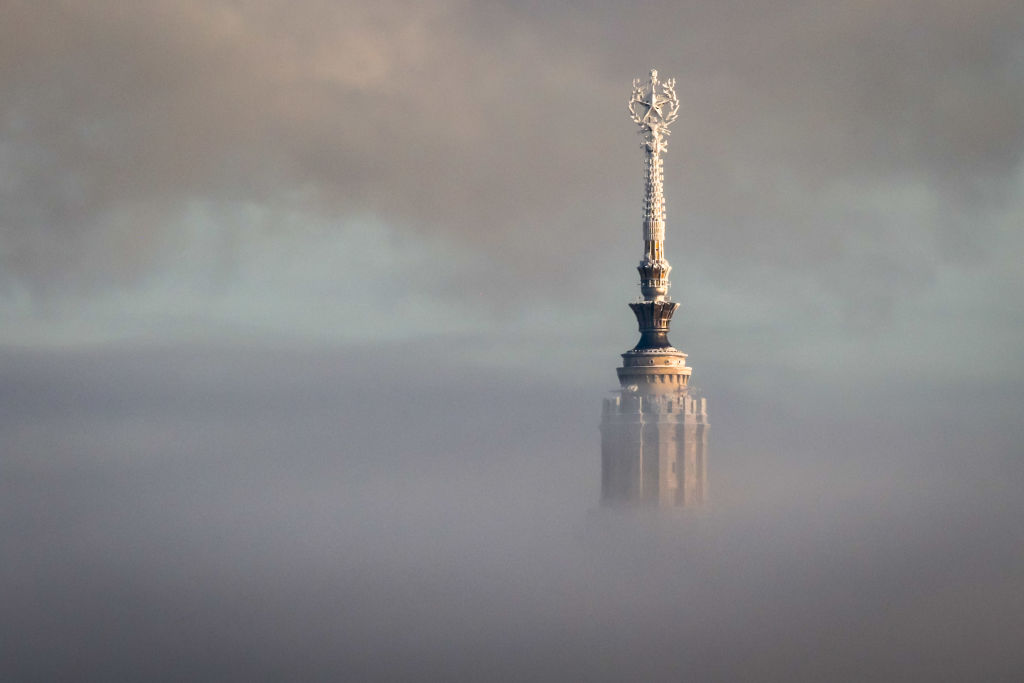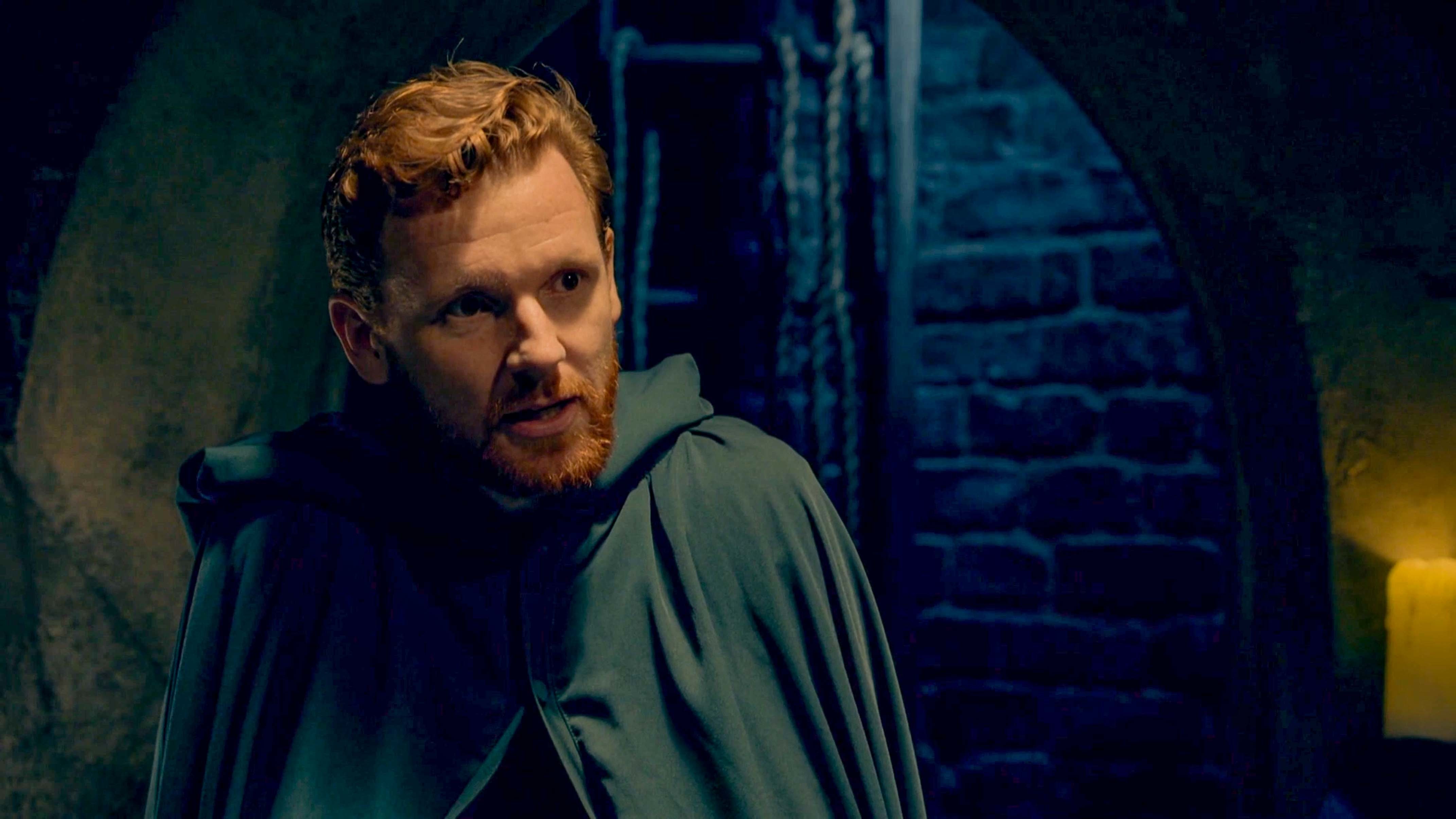
The Soviet Union, 1986. A powerplant in explodes; the biggest nuclear disaster the world has ever seen. In Moscow, the concept .
Under the USSR, Russian people did not have a right to information. It was a regime of secrecy where only the highest officials were informed and made decisions, leaving the masses ignorant, and theoretically, easily swayed. Poems, , cinema, radio, and television were censored to align with communist ideologies.
Four years before the Chernobyl explosion, a radiation release from the power plant was covered up by the KGB ‘to prevent panic’, and there were further ’emergencies’ in 1984, as ’s security service , marking 35 years since the explosion.
In the statement, the foreign ministry called the anniversary a reminder of how ‘state-sponsored disinformation’ led to the ‘greatest man-made disaster in human history’. After the explosion, the Russian state attempted to cover it up.
Meanwhile, a psychology student of Moscow State University and high school teacher, Dmitry Davidoff, was developing a game called Mafia.
It’s concept…? ‘In my head it was rejection of “hidden information”,’ Davidoff explained in an AMA online forum in 2017.


Nowadays, drama classes use it for rehearsal warm ups (mine did, anyway) and it’s an after dinner party game that’s played all over the world.
It then became the driving concept behind Dutch programme De Verraders. And it’s nowsince Big Brother: The Traitors.
In Mafia – or The Traitors – the rules are simple. A group of people is split into Villagers (Faithfuls) and Mafia (Traitors). Villagers are tasked with identifying the Mafia before they kill (metaphorically) too many innocents in the night, while the Mafia have to pip off Villagers one by one, undetected.
In the party game version, a narrator hosts the game, ensuring no one opens their eyes in the ‘night’, as the Mafia raise their heads and decide on a kill with their eyes.

Davidoff explained it simply to as ‘the uninformed majority versus the informed minority’.
With a restricted amount of time, Davidoff created the game to kill two birds with one stone: find a fun, new way of teaching children interested in psychology, all the while doing his own research.
From there, it spread through the university, and as students travelled and taught others, into the wider world, until it was given a Werewolf rebrand in 1997 by Andrew Plotkin.
He thought the idea of of this nocturnal monster disguised as an ordinary Citizen (Faithful) in the day was more fitting and universal than the name Mafia.
But the name doesn’t really matter. Whether the game is called Mafia, Werewolf, Traitors, or anything else, its premise is universally alluring; it poses the question of whether knowledge is power.
For the Faithfuls, it plays on the fear of persecution – which from witch hunts, to Shakespeare, to modern day miscarriage of justice – is an idea that is spoken in every language, spans history, and is innately human.
You can’t get much more real than that, reality TV. Or indeed so gripping.




















